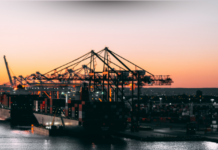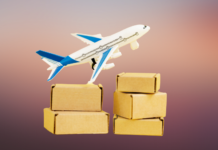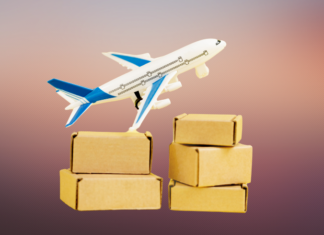Staying true to the tradition of groundhog day, the first material step that the incumbent government took to stall a depreciating PKR was an arbitrary ban on import of goods considered ‘non-essential, or luxury. It is estimated that the arbitrary ban would save US$ 100 million of foreign exchange reserves on a monthly basis. However, there is little to no mention of how the value chains of many of the imported commodities would be disrupted, and neither is there any plan on how a deficit that would emerge due to reduction in collection of import duties and taxes collected would be bridged. The previous government took similar actions during their first few weeks in office, and the current administration isn’t much different either.
The most significant import that is being banned is that of completely built units of automobiles, and justifiably so. The market is flooded with automobiles, which act more like an inflation hedge, rather than a depreciating asset. In addition to fixed income, and equities, automobiles have emerged as an asset class now, with its prices acting as a proxy to an appreciating US$ against PKR. Any more import of such cars would have been tantamount to creating more liquidity for an asset class, rather than serving any genuine economic need. Nevertheless, the local automobile manufacturers would continue to closely track US$ by increasing prices without a lag, or delay. The foreign exchange savings accrued from this segment are certainly welcome.
Another major item in the list is import of completely built units of mobile phones, which is expected to save roughly US$ 1.2 billion. However, these may never be saved. It may actually lead to an explosion in growth of the grey market, as more units are brought in the country in personal baggage, or through other means. A cottage industry for the same already exists, so much so that vendors are even willing to accept cryptocurrency as a form of payment. The flow of goods and payments cannot be stopped. A government can always impose tax and create an enabling environment, but outright bans are rarely successful.
Another alternative would be import of more assembly kits of mobile phones, which can be assembled locally, that will also require FX outflow – but will distort the market completely as in absence of competition local assemblers would have the bargaining power to set prices resulting in destruction of consumer surplus, and a declining choice set. If the same kind of policy options are perpetuated for a few more years, we may see creation of a perpetually infant industry akin to the likes of the automobile industry, which has had protection for decades, resulting in tremendous welfare loss for consumers.
Another US$ 250 million of foreign exchange is expected to be saved annually from an assortment of consumer goods & edibles, ranging from dry fruits, jams, jellies, footwear, to pet food, and musical instruments. All of this makes up less than 1 percent of total imports. A lot of edibles available in the market were already being smuggled into the country. As the new rules are put into place, the smuggling is only going to increase more, either through transit trade, or through mules carrying frequent flyer cards. The expansion of the grey market would result in decline in tax collected, and further expand the size of the informal market, while making it difficult for entities in the formal sphere to operate.
A simple test for the same is to checking out the closest supermarket in your neighborhood. A non-tariff barrier was enacted a few years back which made it mandatory to have labeling of edibles in Urdu. In-effect, edibles which do not have labeling done in Urdu cannot be imported in the country formally, and hence are smuggled. Just scanning your supermarket to see whether any imported edibles have labeling in Urdu or not can give one an idea of the prevalence of smuggling that exists, and that will continue to grow in future.
A gradual phase-out of fuel subsidies would have sent the right signal, and would have contributed considerably more in reducing foreign exchange outflow through rectification of a distortionary pricing structure that exists. Policy actions which create a grey market or erode consumer surplus may provide a band-aid in the short term but do tremendous harm in the mid-to-long term. A policy decision should be supportive of a formal economy, rather than encouraging a grey market drivien informal economy.






















